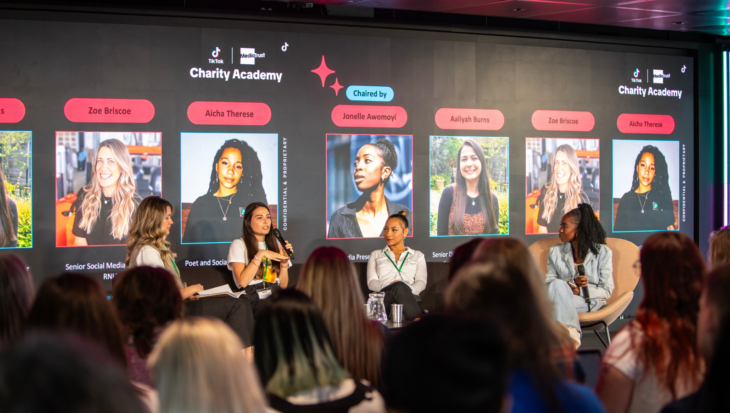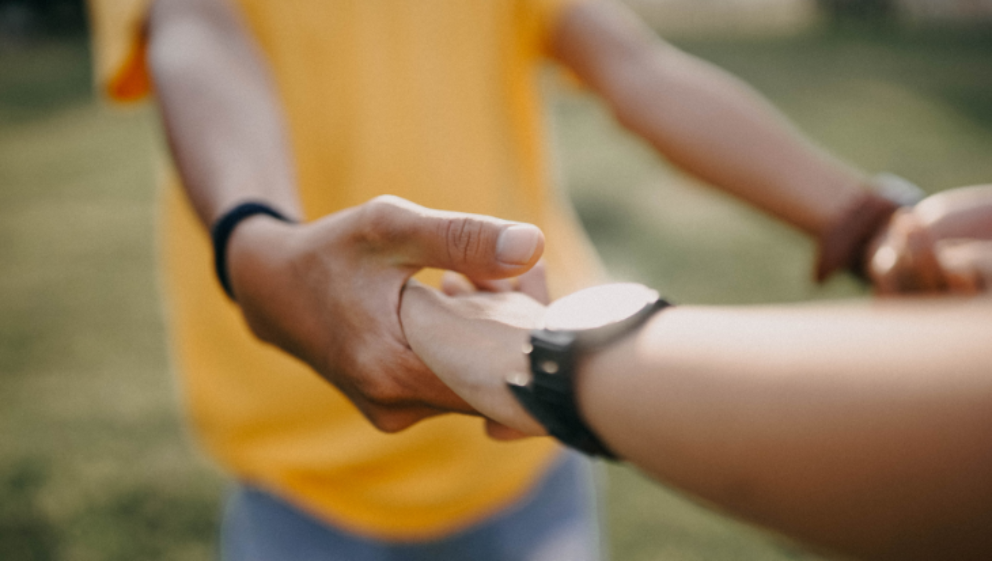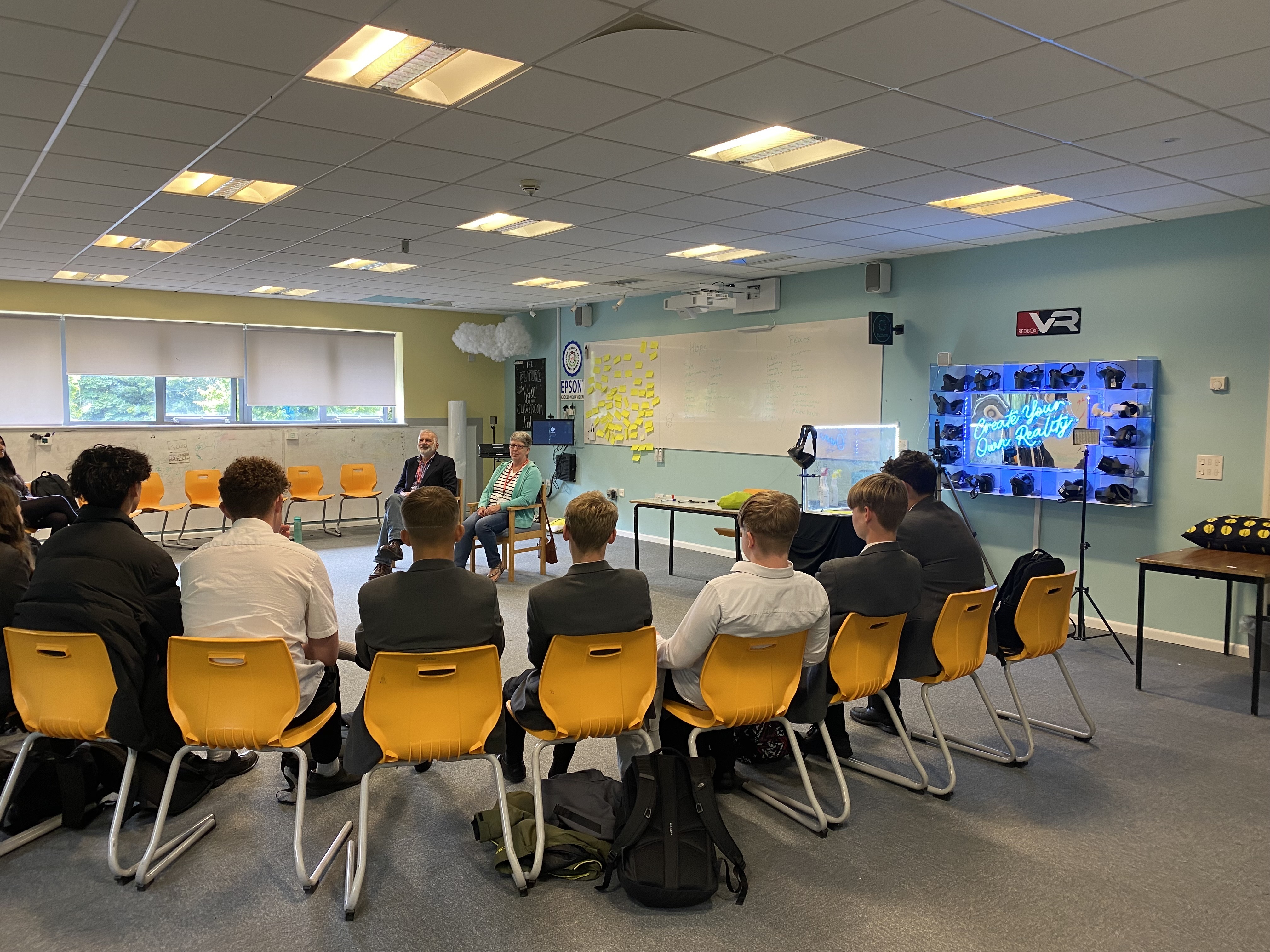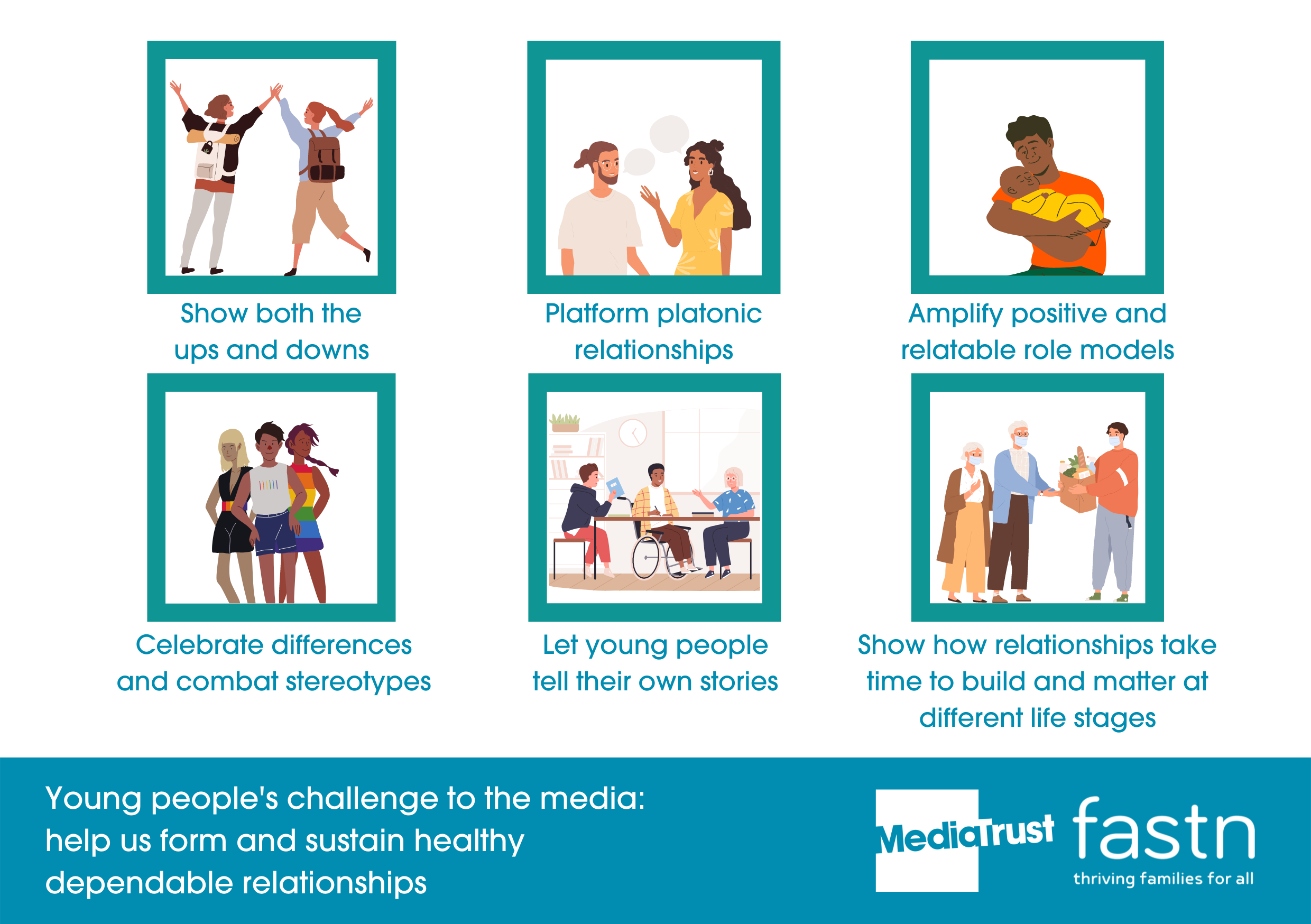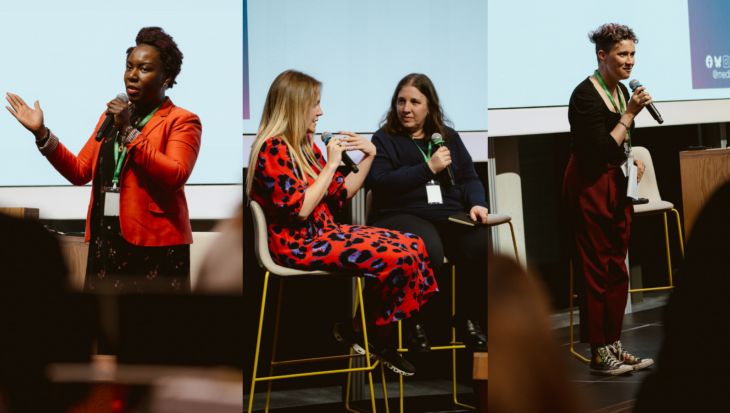How The King’s Trust unlocked TikTok’s potential
Blogs
Lessons from how Media Trust’s TikTok Charity Academy transformed TikTok for The King’s Trust In 2024, Media Trust joined forces with TikTok to launch our TikTok Charity Academy, a free three-week online training programme designed...
Posted 29 May 2025
